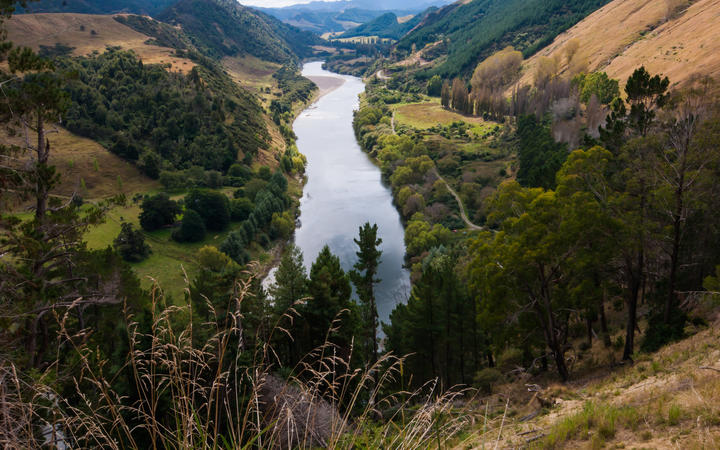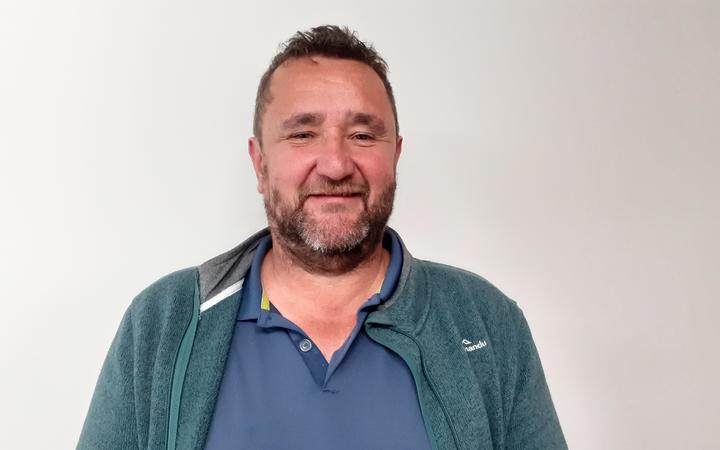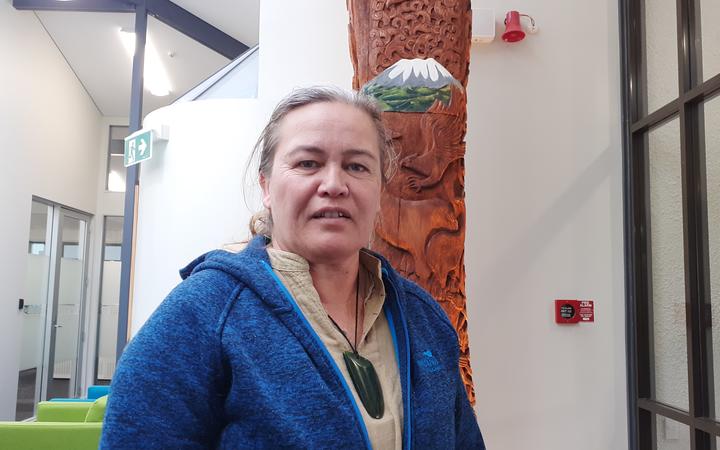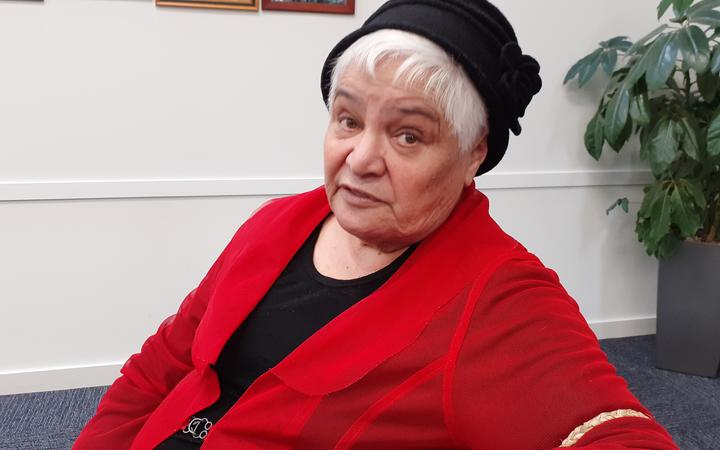Tangata whenua grappling with a deluge of environmental and water reforms say setting up “super-entities” to deal with water would widen the gap between Māori and decision-making.

The Whanganui River. Photo: 123RF
Māori from Ruapehu, Whanganui, South Taranaki and Rangitīkei are organising regionally to develop a comprehensive position on resource management reforms and freshwater rights and interests.
A hui in Whanganui heard from technical advisors to the Freshwater Iwi Leaders Group on some of the government’s high-level proposals for resource management and water reforms.
Kaitiaki taiao for Te Rūnanga o Ngā Wairiki Ngāti Apa Chris Shenton said the changes and proposed changes are numerous.
“There’s the RMA reforms, Three Waters Reform, the National Policy on Freshwater, and then the rights and interests in fresh water, which are at the core of it for whānau, hapū and iwi,” Shenton said.

Chris Shenton. Photo: LDR / Moana Ellis
“The discussion around water rights and interests has been on the backburner for a long time. The current government’s got a strong position in Parliament right now – they’re now willing to bring it forward and address it, so it’s crunch time.
“There need to be stronger connects among Māori so we can be comprehensive in terms of our response to this real avalanche of reform that’s coming our way.”
Fiona Kahukura Chase from Moawhango and Taumarunui said government proposals included setting up “super-entities” to deal with water infrastructure and replacing the Resource Management Act with three new laws targeting the environment, development and climate-change.
These changes would take power away from local government just as whānau and hapū were anticipating more say at council and regional council tables, she said.
“We feel like we’re just getting to the table but by the end of this year that’s all going to be swept away and once again we’re voiceless,” Chase said.
“What we’re looking for is co-governance at a local level. I think that’s the only way to be able to get any sort of balance, especially within a council like Ruapehu District Council, which has a Māori population of 50 percent, and Horizons, our regional council.
“How is the country going to move forward if Māori aren’t at the table to make decisions and be part of policy making? It’s the policies that drive the outcomes. If Māori aren’t there to drive those policies and then enforce them in decision-making, the outcomes are always going to be miserable for Māori and we’re never ever going to find equity for our people.”

Fiona Kahukura Chase. Photo: LDR / Moana Ellis
Chase says whānau and hapū are unhappy and uncomfortable with the pace of reform, and there needs to be proper consultation with Māori.
“They’ve put pretty Māori words as part of their legislation and fancied it up to be something that it’s absolutely not. They’ve had no consultation with our hapū or iwi, they’ve just put it out there for us to approve. We’re totally disapproving.
“All we’re trying to do as tangata whenua is ensure that we have clean water to drink, that our kids can swim in it, that our sewage is disposed of properly and not in our awa, or our lakes or our sea, or disposed of on Māori land, and that all the water is dealt with as best as it can be.”
Under Te Awa Tupua (Whanganui River Settlement) legislation, Pou Tupua Dame Tariana Turia acts and speaks in the name of Te Awa Tupua (the Whanganui River and its tributaries). She said tangata whenua want assurance that the Government’s approach to freshwater rights and interests has not been pre-determined.
“We have a piece of legislation already in place and we want to have an assurance that that won’t be interfered with or that some other way of looking at wai will not be pre-determined. It’s taken our people a long time to get to this point with the issues of the river.”
Thirteen regional hui have been held around the country since the National Hui on Freshwater Rights in Whanganui in January, called by the National Iwi Chairs Forum’s Freshwater Iwi Leaders Group in readiness for discussions with the government.

Pou Tupua Dame Tariana Turia. Photo: LDR / Moana Ellis

Local Democracy Reporting is a public interest news service supported by RNZ, the News Publishers’ Association and NZ On Air.